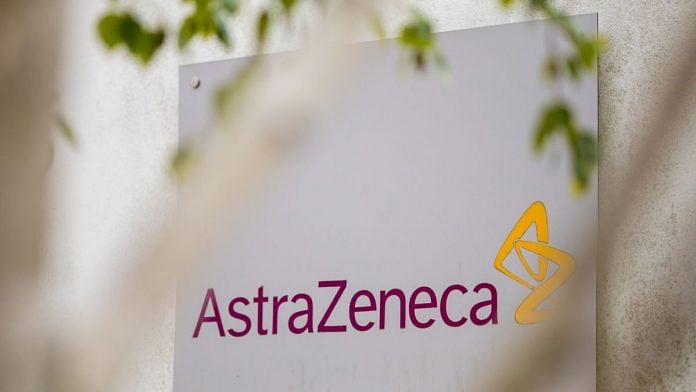
New York: AstraZeneca Plc’s Covid-19 vaccine has shown limited efficacy against mild disease caused by the variant first identified in South Africa, according to early data in a small phase trial.
Efficacy against severe Covid-19 cases, hospitalization and deaths was not yet determined, “given that subjects were predominantly young healthy adults,” a spokesperson for AstraZeneca said in a statement.
None of the participants in the study died or was hospitalized, according to the Financial Times, which first reported on findings of the study. The study, with a relatively small sample size of more than 2,000 individuals, hasn’t yet been peer-reviewed and is due to be published on Monday, the newspaper said. Patients in the randomized, double-blind study had a median age of 31.
“We do believe our vaccine could protect against severe disease, as neutralising antibody activity is equivalent to that of other Covid-19 vaccines that have demonstrated activity against more severe disease, particularly when the dosing interval is optimised to 8-12 weeks,” the AstraZeneca spokesperson said.
Initial data indicates other immune responses, such as T-cell responses, may remain intact in the South African variant, the spokesperson added.
The variant first identified in South Africa is emerging as a key threat to the world’s prospects for ending the pandemic as countries roll out initial vaccine doses. Although vaccine makers said their shots appear to maintain effectiveness against the U.K. variants, pharma companies are racing to develop booster shots against new variants as the virus evolves.
Oxford University and AstraZeneca have started adapting their vaccine against this variant, the spokesperson said. Should it be needed, they will advance through clinical development so that it is ready for autumn delivery.
Earlier this week, Astra’s executive vice president for biopharmaceutical research scaled back expectations for how the vaccine would work against the variant.
“We’re not going to be surprised to see reduced efficacy,” Mene Pangalos said. “It’s to be expected that there will be reduced activity.” -Bloomberg
Subscribe to our channels on YouTube & Telegram
Why news media is in crisis & How you can fix it
India needs free, fair, non-hyphenated and questioning journalism even more as it faces multiple crises.
But the news media is in a crisis of its own. There have been brutal layoffs and pay-cuts. The best of journalism is shrinking, yielding to crude prime-time spectacle.
ThePrint has the finest young reporters, columnists and editors working for it. Sustaining journalism of this quality needs smart and thinking people like you to pay for it. Whether you live in India or overseas, you can do it here.